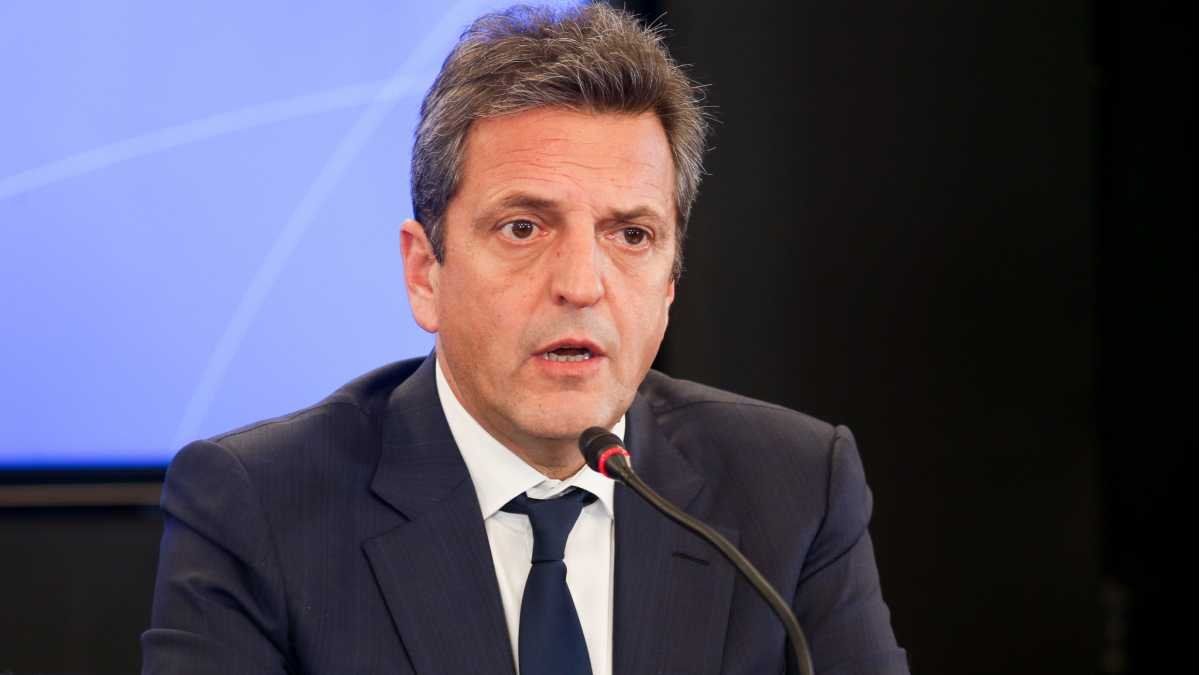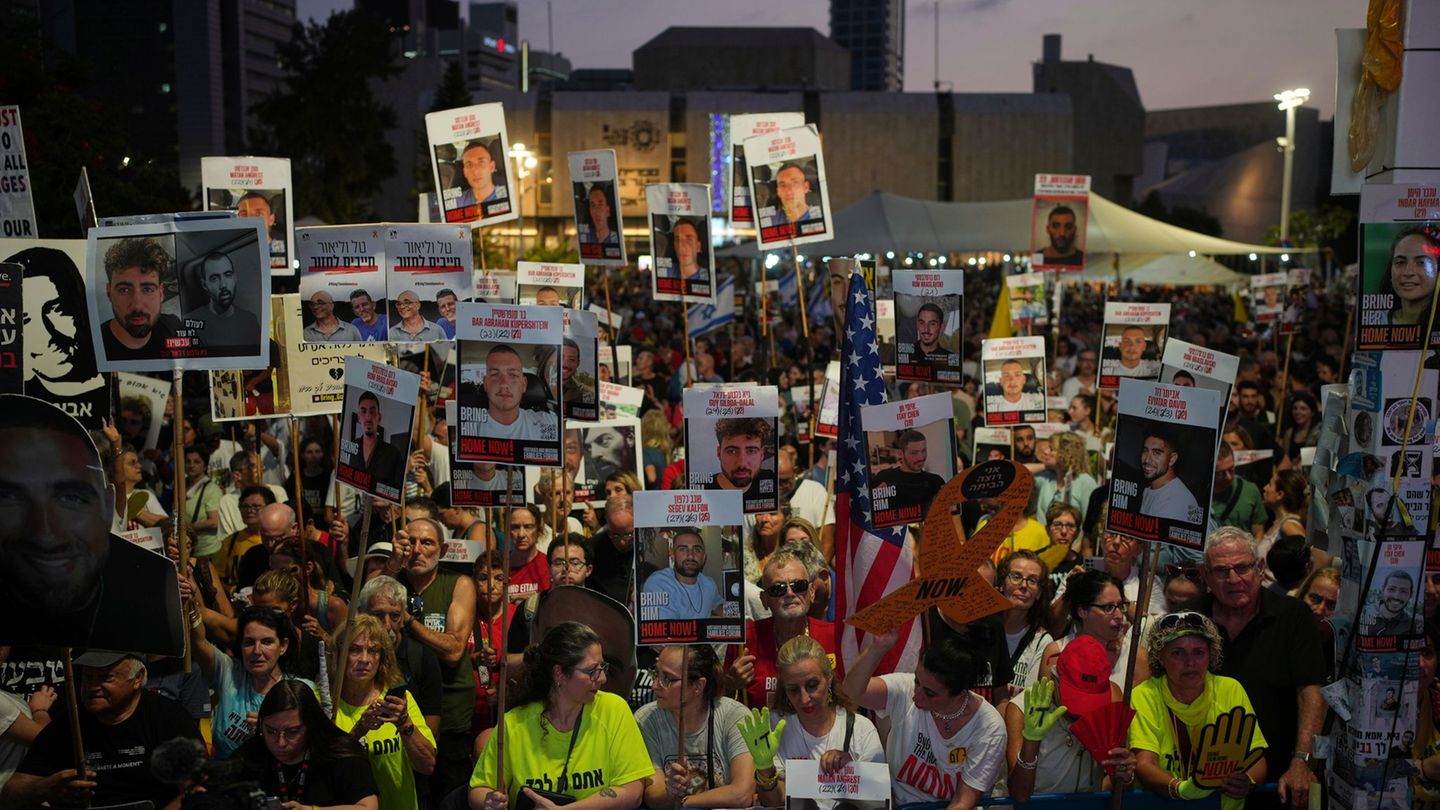Guzmán Paris club.jpg
inside the club, the first creditor is Germany with 37.37%, money generated in a mixed way; with direct credits for private companies (in the ’90s), added to old lines from the German government to Argentina from previous decades. Holland then appears on the list with 7.98% of the debt. This is another complicated case, where for cultural reasons there is not much flexibility for countries that do not comply with their payments. The Netherlands traditionally votes on the IMF board against the agreements proposed by Argentina. The country’s fourth creditor is Spain, with 6.68% of the debt.
It is the lag generated by the credit that in 2001 the government of Jose Maria Aznar to help support the convertibility and dividend transfers from Spanish companies located in the country. The total of this credit was about US$1,100 million, Argentina declared it in default in December 2001 with the rest of the Argentine external debt and during the first stage of management of Nestor Kirchner there was an attempt to negotiate it outside the Paris Club, under better conditions than the rest of the creditors.
Pressure from the rest of the European Union partners made the liability add to the general demand of the Paris Club. Massa wants to close the debt problem with the 22 creditor countries that make up the group, and thus be able to talk about Argentina’s future in the world financial system. Especially to release infrastructure and energy lines that private European companies require the Development Bank to direct to the local market, but that due to chronic problems of non-compliance and lack of agreement (and little local marketing) are closed.
The minister knows that many companies in these sectors, especially European ones, are willing to invest in the country; but that they have closed the sources of public financing due to the previous demand for an agreement with Argentina. It is a situation that is repeated in the oil, laboratory, mining and civil works sectors, where the intentions of betting on Argentina are concrete, but the financing is prohibited.
A few weeks ago, Massa was in New York and held a meeting with Emmanuel Moulin, Secretary of the Treasury of France, where progress was made in the negotiations. On that occasion, the economic team assured that the agreement was “almost closed”.
Source: Ambito
David William is a talented author who has made a name for himself in the world of writing. He is a professional author who writes on a wide range of topics, from general interest to opinion news. David is currently working as a writer at 24 hours worlds where he brings his unique perspective and in-depth research to his articles, making them both informative and engaging.




